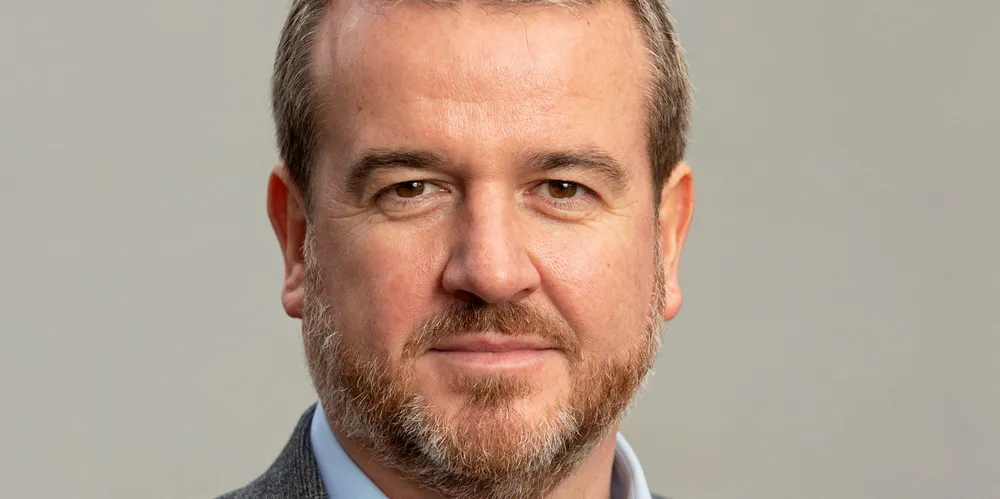'Harlem Globetrotters of offshore wind' will put new spin on energy transition: Corio's Cole
As the new-model developer spun out of investment bank Macquarie formally starts business, its CEO talks to Darius Snieckus about capital shift, climate change and why 'practically every country in the world with a coastline' will want to harness wind at sea
